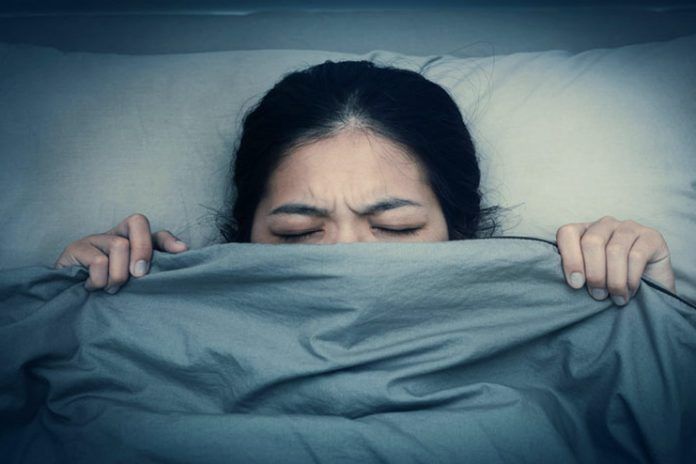Affiliate Disclaimer
Some links in this article are affiliate links. We may earn a small commission if you make a purchase through these links, at no extra cost to you. We only recommend products we find useful to our readersDreams, good or bad, are believed to be the sub-conscious rendition of what we think about throughout the entirety of the day. Dream researchers have been continuously trying to piece everything to understand whether or not the same has any sort of direct connection to one’s mental health.
A recently published study (R) revealed that people who wake up with a comparatively peaceful mind tend to have positive dreams while the ones waking in frenzy tend to have conflicting and negative dreams throughout. While the entire situation might feel a lot confusing, in simple terms, the researchers claim that the recalled and reported dreams could insinuate the state of one’s mental health.
While it is not an uncommon knowledge that dreams do reflect one’s state of well being, there hasn’t been proper research concerning every realm of possibility considering a person’s emotions. Prior conducted studies insinuate that happy people are more likely going to have happy dreams. This is just one aspect of the study and doesn’t address the entirety of the situation. This was why the researchers wanted to delve in depth and look through all the possibilities.
This recently published study focuses on the aspect of one’s well or even ill being that majority of the dream researchers fail to address – peace of mind. The lead author of the study, Pilleriin Sikka, who is also the Doctoral Candidate at the University of Turku and a Lecturer in Cognitive Neuroscience stated that their primary concern was to bridge in the gaps between the dreams and the well being of an individual.
Sikka further concluded explaining what defines one’s peace of mind. As per their explanation, peace of mind is a state of inner peace and harmony which has layers and is comparatively complex that one deems it to be. The main thing is its connection with one’s well being and sometimes even happiness (as believed in the Eastern Cultures).
The study was conducted with a bunch of subjects who were first told to fill out a questionnaire that delved into the measurement of their waking ill being and well being. Following filling the questionnaire, these subjects were further asked to maintain a dream diary in which they made an entry of every kind of dream that they recollected the next morning.
The concluding results suggested that people who had their peace of mind and were well enough on that ground of mental health, for the most part, had happy and positive dreams while the ones who suffered from stress and anxiety, tend to experience negative dreams.
The final conclusion of the study was that in order to correlate the condition of dreams with one’s mental health, it is necessary to keep both one’s ill and well being into account. But the one thing that made everyone question was the fact that the majority of things that we consider as “well being” didn’t play any kind of role in the kind of dreams we had which means that there is something else governing the peace of mind and anxiety.
The only realm of concluded proposal by the researchers were the fact that people who had a better peace of mind were more likely to be able to regulate their emotions not just during normal times but while they are dreaming as well. The complete opposite was the case with the people who suffered from anxiety.
There are going to be further in-depth research concerning the analysis of the emotion regulation capacity along with self control and whether these two attributes can actually contribute to one’s overall peace of mind and bettered mental health.




















